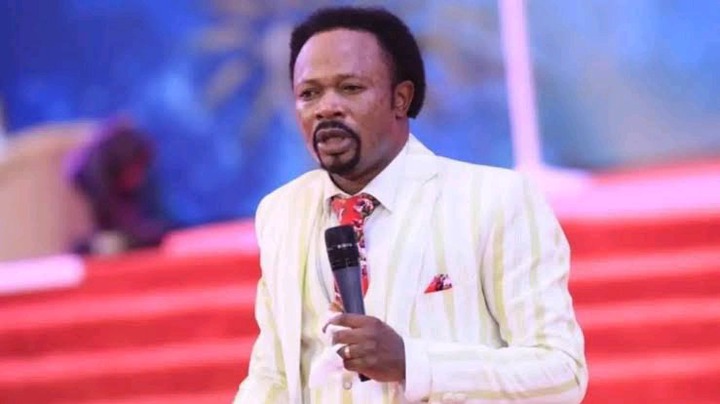Prophet Joshua Iginla has denounced the increasing superstition among certain Christians and pastors, attributing it to popular culture and ancestral thinking. He noted that Nollywood films have had a profound impact on numerous pastors and Christians.

“Many pastors and Christians have watched Nollywood films excessively, and their brains have been significantly influenced by the manipulation of ancestral mentality and modulation,” Iginla stated, employing forceful language to emphasise the influence of entertainment on belief systems. The cleric cautioned that this perspective fosters suspicion whenever individuals observe success, power, or evident supernatural activity.
“That is why you say they bury something every time you see success, power, and the supernatural,” he observed, contending that unbelief frequently interprets blessings as occult gain. That premise was challenged by Iginla, who encouraged listeners to investigate the purported beneficiaries of occult practices.
“How many individuals are they gathering if it is effortless to bury the DBI in your village?” What is the number of witch doctors who are operating private jets? How many of your witch doctors possess the attire that I am currently donning? Am I assisting you? “Am I assisting you?” he rhetorically enquired, emphasising the improbability of all success being attributed to ritual.
Furthermore, he distinguished between the superficial notions of deliverance and the more profound reality of spiritual transformation. “Deliverance is not the same as holy ghost fire.” Iginla reframed deliverance as intellectual and spiritual renewal, rather than a mere spectacle, stating that it occurs when knowledge infiltrates one’s mentality.
Throughout the message, Iginla encouraged the congregation to abandon simplistic explanations for success and to pursue genuine comprehension. He advocated for a more rigorous level of discernment within the church by questioning ancestral mentalities and the modulation of popular beliefs.
His remarks were intended to challenge a culture of hasty accusations that attribute prosperity and influence to nefarious practices, as well as to promote a transition to knowledge-based faith. The preacher’s tone was a blend of rebuke and an appeal to think clearly: cease relying on superstition, query implausible claims, and prioritise the transformative work of knowledge that infiltrated the mind.
